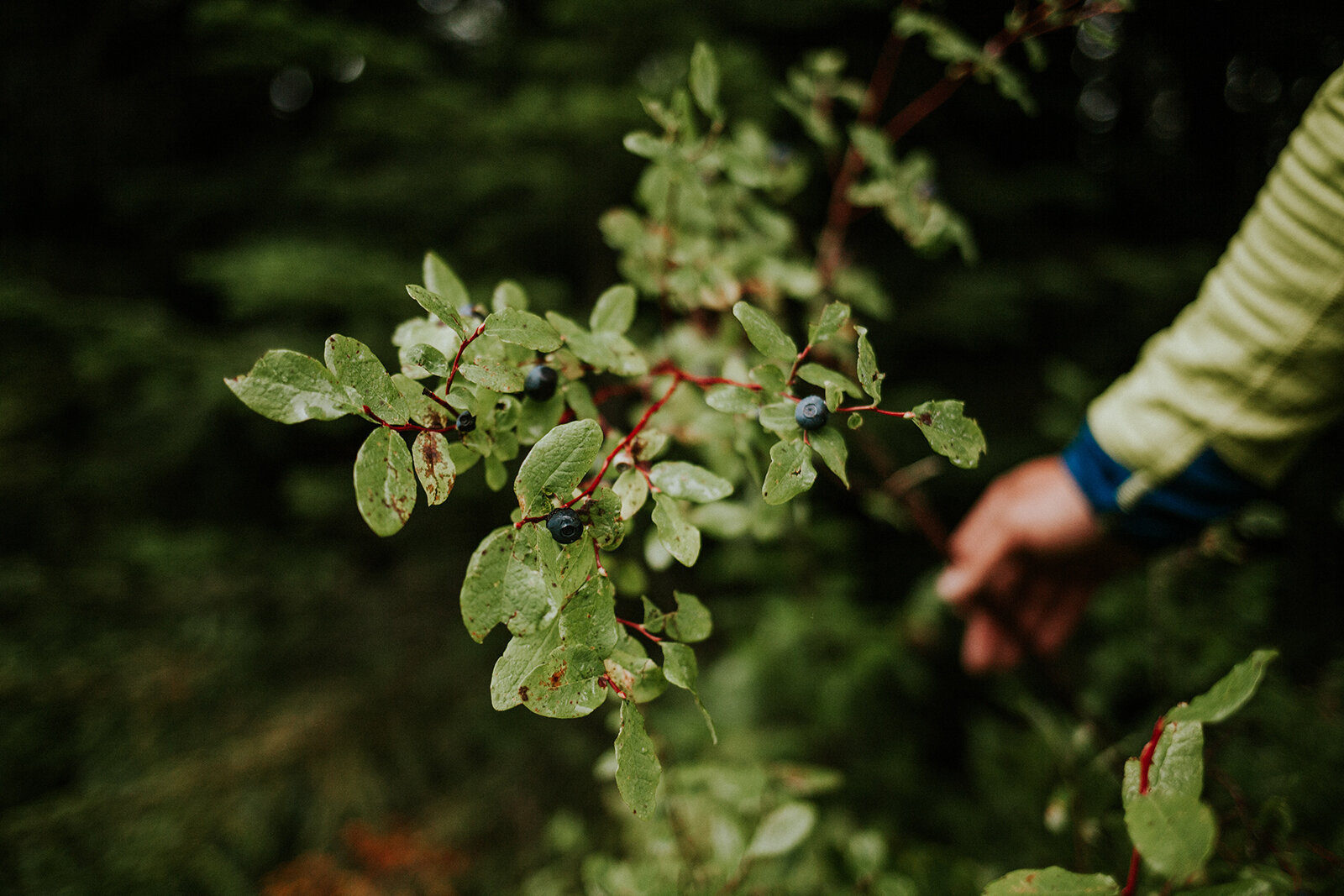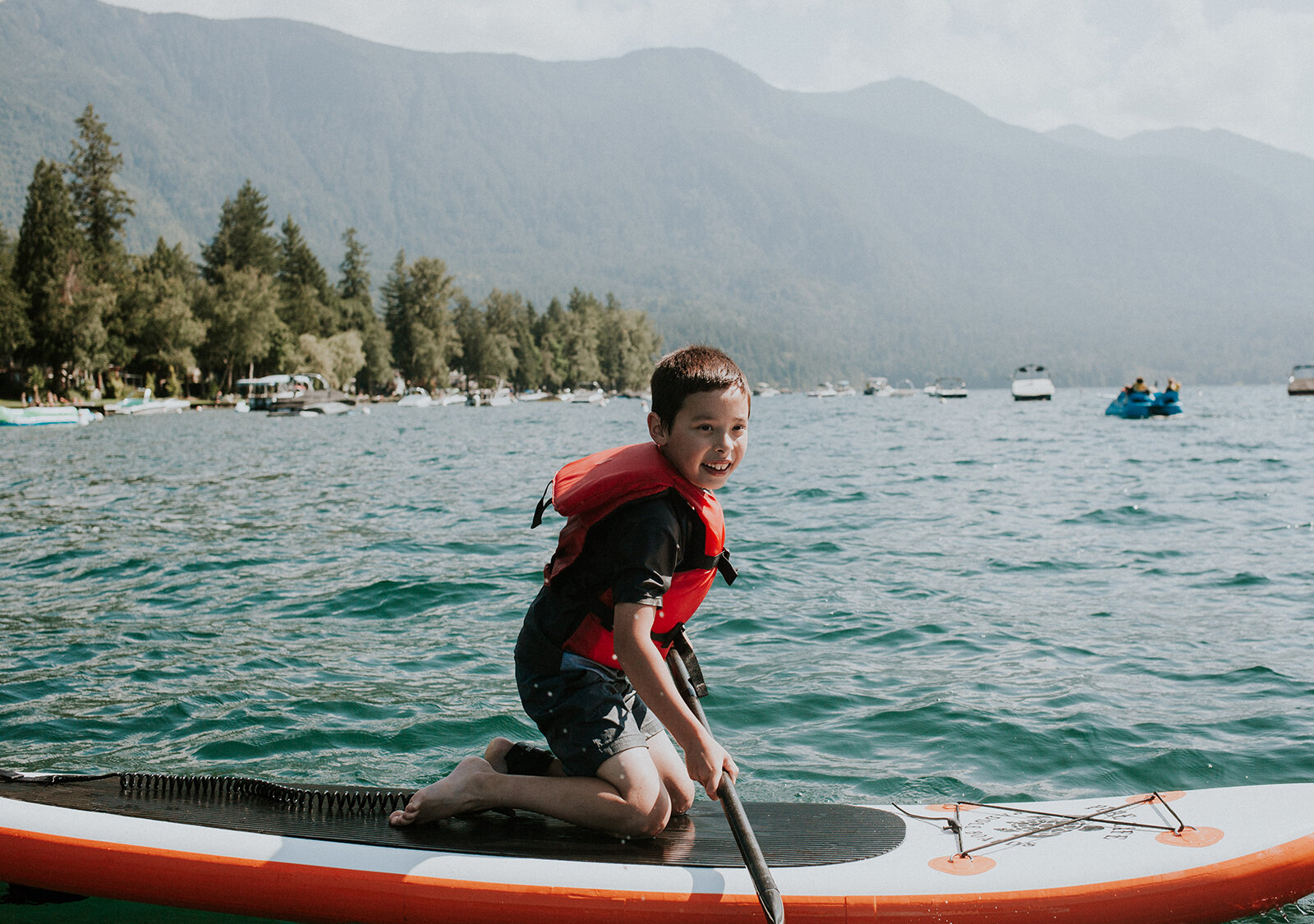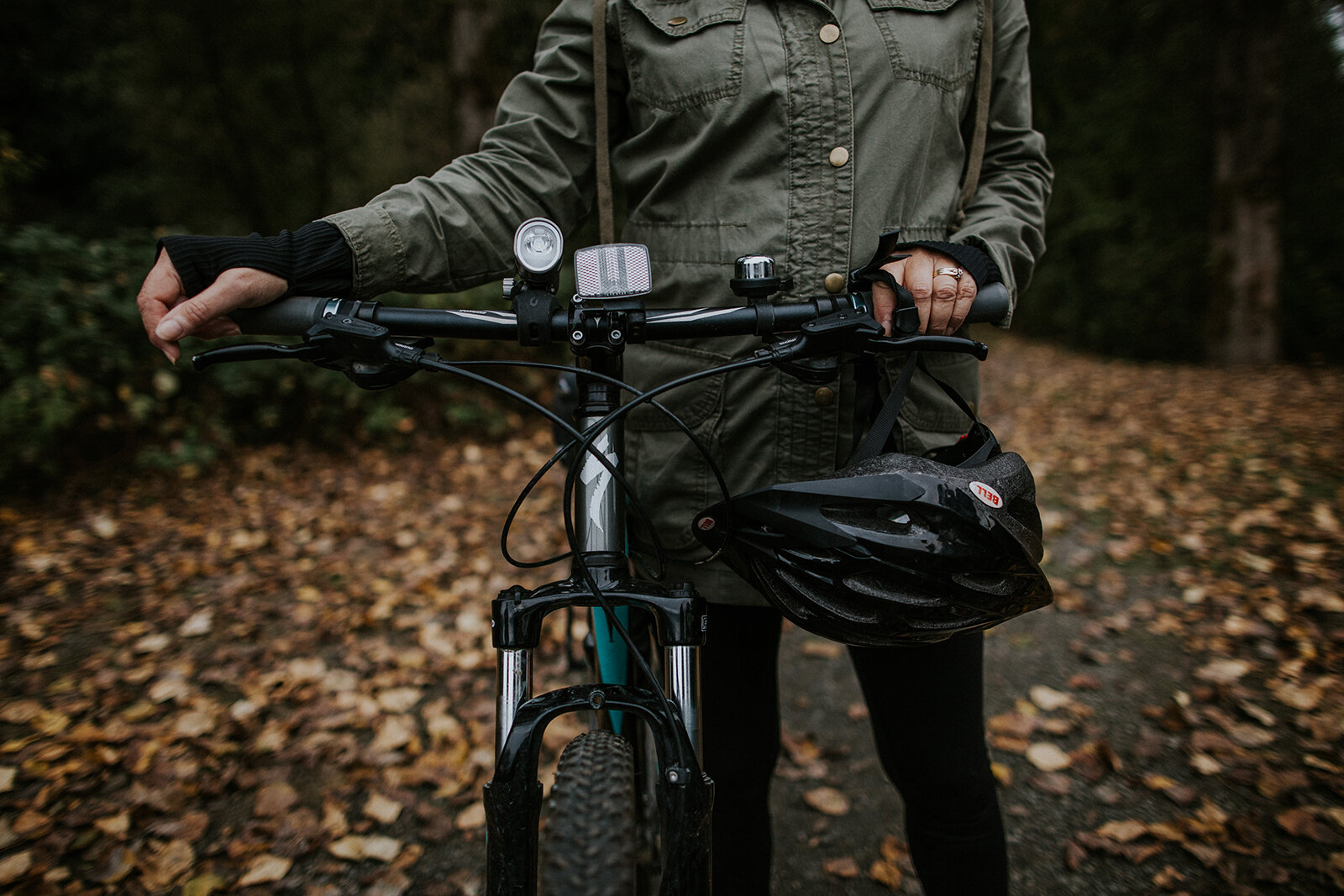The Fraser Valley is teeming with new experiences and places to explore! But before you head out on your next adventure, remember that being out in the wilderness can be dangerous, especially if you aren’t properly prepared. Whether you’re an experienced explorer or just getting into outdoor recreation, check out the following tips to help make your next adventure in the Fraser Valley a safe one!

WILDLIFE ETIQUETTE
-
Know before you go. Research what kind of wildlife you can expect to find on your visit so that you are prepared to handle any type of encounter.
-
Stay alert and aware of your surroundings.
-
Know the signs of wildlife, such as droppings, prints and other markings so that you can avoid their path.
-
Respect closures and restrictions. Do not go off-path.
-
Do not feed wildlife. It is damaging to wildlife as it causes a dependence on humans to feed them. It also causes wildlife to have increased comfort levels with humans, which could lead to dangerous encounters.
-
If a young animal appears to be in trouble or isolated, avoid trying to help, their mothers are rarely far away.
-
Keep your distance and give wildlife plenty of room to feel comfortable and safe.
-
Stay clear of mothers with their young as they are primarily focused on protecting them.
-
If you are camping, keep your campsite as clean as possible so you do not attract wildlife. Also be sure to keep your food well out of reach of wildlife, especially bears.
-
Keep your pets on a leash to avoid interactions between them and wildlife.

WATER SAFETY
-
Be sure that you have the required floatation devices for your activity.
-
Read the labels on floatation devices to make sure that they are the right size for their users and that they are Transport Canada approved.
-
Do not over-exert yourself and stay within your abilities. To stay well within your comfort zone, do not swim far out from the shore, instead, swim parallel to the shore.
-
Carefully observe the water you plan to jump into before you jump. Lookout for not only swimmers and other things on the surface, but for hazards below the surface as well.
-
Use a “buddy system” whenever you swim, which means having a responsible adult, who is a strong swimmer, with you always.
-
Always swim sober.
-
Pay close attention to those around you and know the signs of someone who is drowning.

WEATHER PREPAREDNESS
-
On your adventures, dress in layers that can be shed or added depending on weather conditions and your level of exertion.
-
Check the forecast ahead of time and prepare accordingly.
-
Consistently keep an eye on the weather as it can change rapidly.
-
If you are ever caught in a storm while outdoors, seek shelter immediately to avoid falling debris.
-
In lightning storms, stay away from places more likely to be struck such as tall solitary trees, ridgelines, peaks and metal or graphite objects.
-
Although difficult to anticipate, cold fronts can be prepared for by having extra warm clothing and a plan for shelter.

TEN ESSENTIALS
Below are the ten essentials that you should always have with you on your outdoor adventures:
-
Navigation: Have your phone/GPS fully charged and keep it powered off and stored in a waterproof container until you need to use it.
-
Light: Bring a flashlight or a headlamp or even both.
-
Sun protection: A hat and sunscreen are both a must.
-
First Aid: A basic first aid kit is light, compact, and easy to pack.
-
Tools: Duct tape, a multi-tool (with a knife) and a digging tool are a great start.
-
Fire building kit: Waterproof matches/a lighter and fire starters are best.
-
Tarp/shelter: It’s good to always have something for a makeshift shelter just in case you are forced to spend the night or sudden weather changes.
-
Nutrition: Some extra snacks are always a good idea.
-
Water: Staying hydrated should be one of your highest priorities.
-
Clothes: Bring extra clothes to change into or add in case of temperature drops or worsening weather conditions.

SEARCH AND RESCUE
BC Search and Rescue teams are community-based volunteer organizations that are ready 24 hours a day, 365 days a year to provide aid whenever required. Approximately 2,000 incidents occur every year in which Search and Rescue teams are involved. These highly trained individuals have saved thousands of outdoor explorers. Although their jobs seem interesting and exciting, the less calls they get a year, the better. Be sure to plan your trips to the best of your ability to make sure that you are prepared to explore safely and get back home without their assistance. Having a Trip Plan prepared before you head out is a great way that you can assist them just in case you inadvertently need their help. Be sure to check out BC AdventureSmart and download their app before you hit the trail.
RESOURCES TO CHECK OUT
AdventureSmart
Wildsafe BC
FireSmart BC
Boat Safe BC
Thanks for taking the time to prepare and explore safely this summer! Be sure to tag us @thefraservalley or #thefraservalley when you visit to share your adventures with us.
